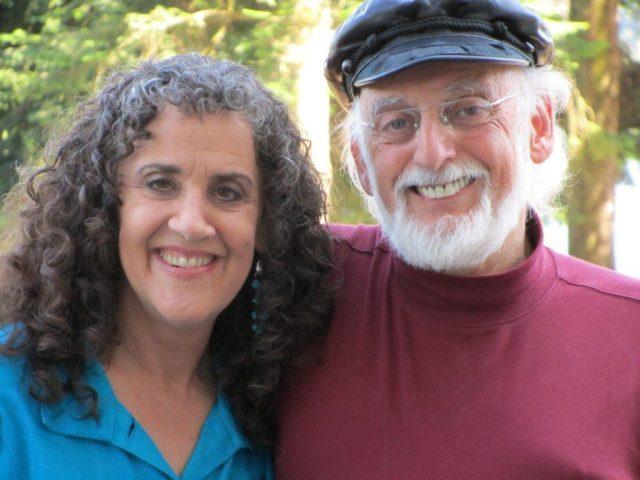What is Gottman’s Method
Gottman’s Method is a structured approach to relationship therapy. It was developed by Drs. John and Julie Gottman, experts in the science of relationships. This method focuses on building trust, improving communication, and deepening connection. It’s designed to help couples strengthen their bond and handle conflicts more constructively.
In Gottman therapy, couples work to understand each other’s feelings and needs. They learn tools to express appreciation, empathy, and respect. Through guided exercises, they practice listening without judgment. This helps couples feel heard and understood.
One core part of Gottman’s Method is creating “love maps.” These are detailed mental maps of each partner’s inner world—their dreams, worries, and values. Love maps help partners stay emotionally connected, even during hard times.
The method also emphasizes managing conflict instead of eliminating it. Couples learn to approach disagreements with curiosity rather than criticism. They work together to create a shared meaning in their relationship and support each other’s goals.
Gottman’s Method offers couples a path toward lasting intimacy and resilience.

 One of the key benefits is improving communication. You’ll learn how to express your needs and feelings in a gentle, respectful way. This helps reduce misunderstandings and creates a safe space for both of you to share openly. As a result, you’ll feel more comfortable discussing even difficult topics without fear of conflict.
One of the key benefits is improving communication. You’ll learn how to express your needs and feelings in a gentle, respectful way. This helps reduce misunderstandings and creates a safe space for both of you to share openly. As a result, you’ll feel more comfortable discussing even difficult topics without fear of conflict.
